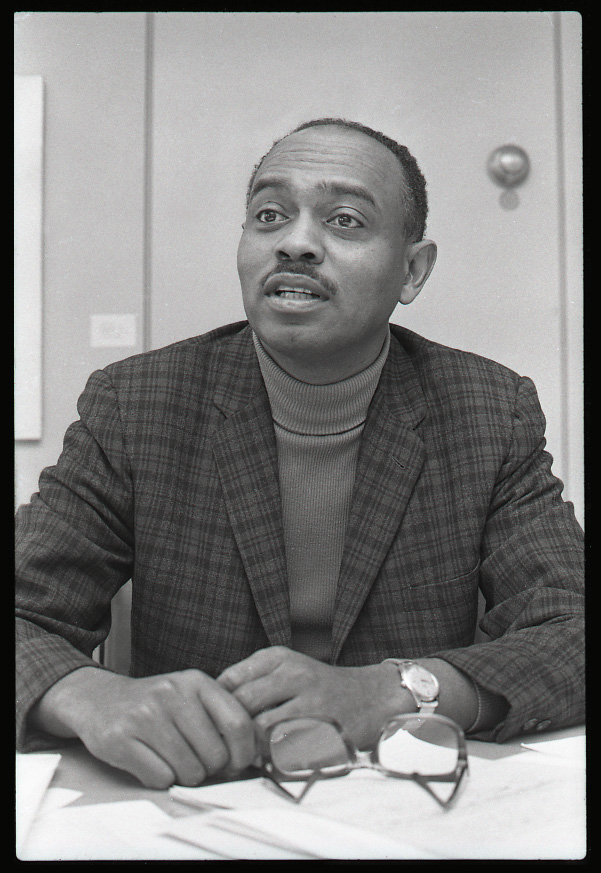Sylvia Helen Forman Papers
Sylvia Helen Forman (1944 or 1945-1992) was an anthropologist and educator at the University of California – Berkeley and at the University of Massachusetts – Amherst focusing primarily on the demography, genealogy, and health outcomes of Quechua and Spanish-speaking Indigenous and Mestizo peoples in the Andean regions of Ecuador. She received her Ph.D. from UC Berkeley in 1972 for her study of law and conflict in rural highland Ecuador and the following year she joined the faculty at UMass Amherst. Soon after, she began to teach at UMass Amherst until her death in 1992 at only 48 years old. Forman’s legacy at UMass exists today through her former students, her substantial research, and her contributions to the Department of Anthropology, namely its Junior Year Writing program and the Sylvia Forman Third World scholarship fund (which was initially funded by a $100,000 grant from her estate).
Throughout the entirety of her life and her career, Forman was passionately dedicated to feminist and other social justice causes in the United States, in Ecuador, and elsewhere. From early in her career, she stood out as an advocate for her students and was instrumental in building cross-connections among anthropologists in the Five Colleges Consortium to expand opportunities for study, and she also forged strong connections with academics in the developing programs in Women’s Studies. She would later be recognized posthumously as one the founders of the Association for Feminist Anthropology in 1998.
Sylvia Helen Forman’s work in Ecuador can generally be split into two periods, the first of which corresponds roughly to 1966-1975, and the second from around 1976-1981, but she continued to work with contacts in the region long after. The former period saw more direct involvement and travel in Andean Ecuador, while the latter saw fewer trips and less extensive fieldwork. Regardless, both periods focused on similar topics of demography, genealogy, and medical experiences. Forman also did continue to travel to the region after these main research periods, but fewer materials are available from after 1981. Each series in this collection contains different parts of Forman’s work in Ecuador, her professional life, her personal life, and an array of pamphlets, postcards, and other ephemera she collected along the way. The majority of the content available is research-related and typically consists of field notes, data, diaries, and journals.



